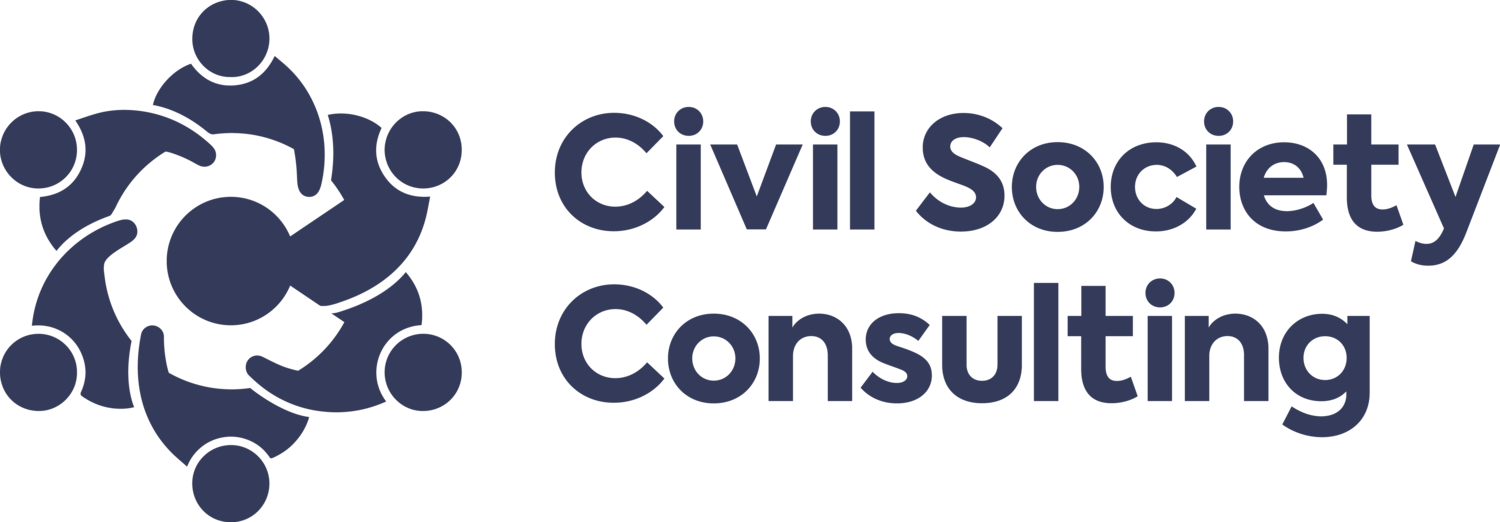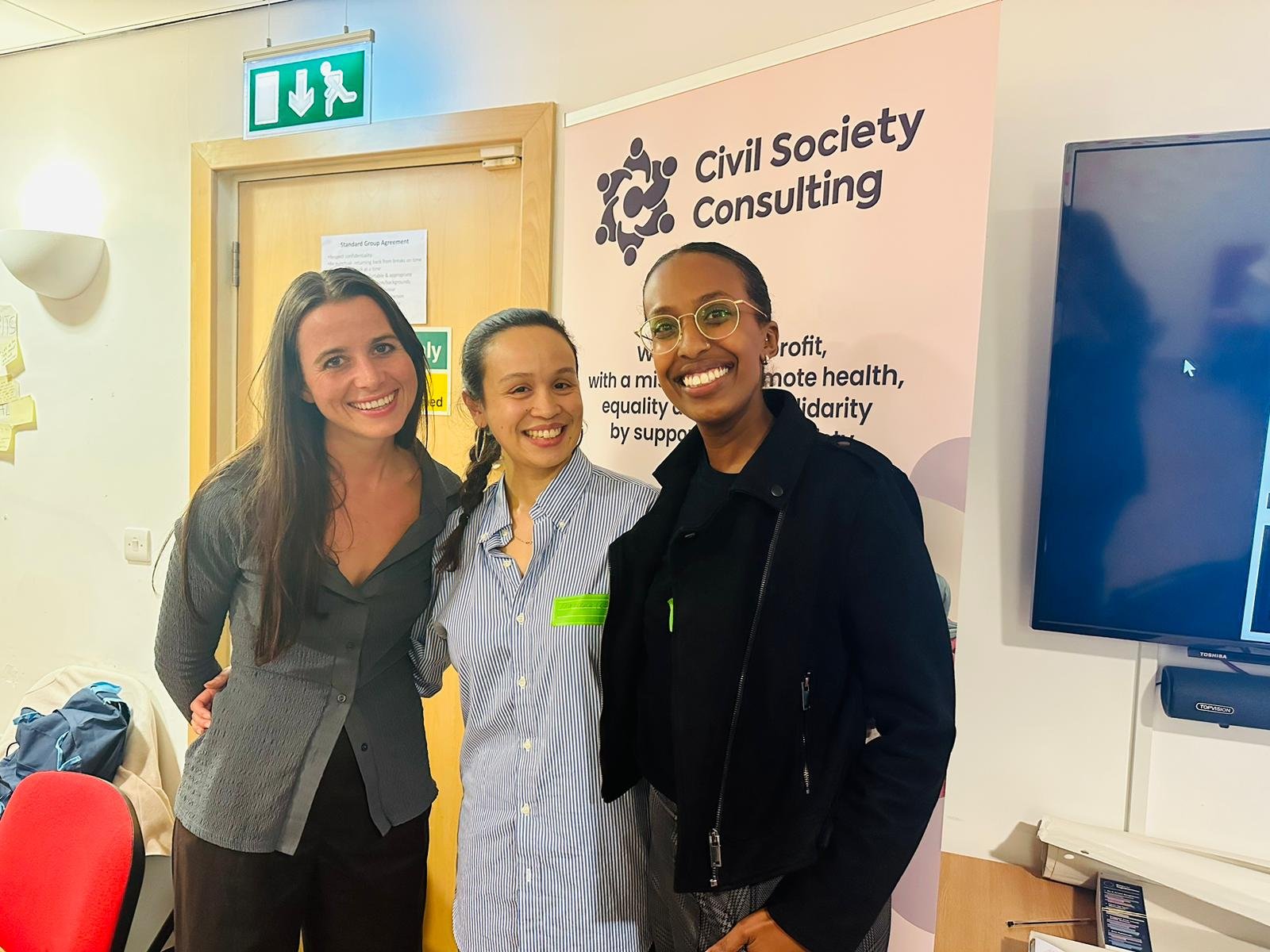OPINION: Building connections within and between communities is at the heart of the solution to almost all social issues. Here’s why…
At Civil Society Consulting, we support organisations working towards health, equality, and social solidarity. From where we sit, building connections within and between communities is at the heart of solutions to almost all of society’s pressing social issues. Lack of connections and the loss of community are making us unhappy, unhealthy, intolerant, and holding us back from tackling bigger issues in society. That’s why we’ve come up with 32 Steps to Togetherness.
We’ve concluded that there are two main reasons why, without connected communities, we cannot thrive.
Reason 1: Our [evolutionary] history
As humans, we have always lived not just in groups but in communities. Community is “in our DNA”, so without it, we are much less happy or healthy. We experience loneliness; we struggle to get what we need and want from relationships; we lack a much-needed sense of belonging. Over time, loneliness has become a cross-generational reality that is now affecting many younger people as well as the older generations. Without connected communities, we cannot be happy or healthy.
Without connection, we become much less tolerant. Therefore, high prevalence of loneliness intensifies and may even cause social divisions and polarisation between people from different backgrounds and age groups. When we are lonely, we are distrusting of others and hypersensitive to signs of people’s negative perceptions of us, making it harder to connect with our community, let alone those from different walks of life. This is one of the reasons the UK is so divided.
Reason 2: Coming together to solve problems
Without connections, solving problems is difficult. Whether it’s a community problem or a wider societal problem, the principle of coming together is crucial for meaningful change. Coming together gives people a voice, fuels creativity, and cultivates understanding and empathy for each other’s issues, which are vital conditions to find collaborative solutions.
It is only when we come together that those who are structurally disempowered can become empowered and advocate for their needs (just think of the American Civil Rights Movement!)
Each community is different, encompassing unique needs and different strengths. Consequently, top down solutions rarely work in reality. It is only by having connected communities that we can generate solutions and leverage community strengths.
Coming together across communities helps us experience society as a shared space, where we can overcome ‘the tragedy of the commons’. Therefore, until we solve social fragmentation, we will find it difficult to mobilise collective action on issues like climate change.
Good things happen when we come together, and sadly, bad things start to happen when we are disconnected.
So what is the solution?
The solution is to build connections within communities as well as between communities. This is what our new project, 32 Steps to Togetherness is all about.
The challenge of building connections is up to all of us. But as individuals, it's not always clear where to begin. The Civil Society Consulting team has created a manual of 32 practical actions, building on Jon Yates’ book Fractured, that we as individuals or community leaders can take over eight areas of our lives to build connections within and between communities. The Steps include: don’t let the fear of awkward moments stop you from having meaningful interactions; use TV and screens as an opportunity to connect; volunteer for a cause you care about; and, encourage connections between your colleagues at work.
Over the first 18 months, we want to:
Grow a community of community leaders - establishing a network of civil society and faith leaders working to bring people together in their communities.
Support, catalyse and promote this network of civil society and faith leaders - by empowering grassroots organisations facing difficulties with capacity building, networking and exchanging ideas.
Spread a spirit of Togetherness - into communities across England and Scotland, leveraging the power of social media and a wider community of ‘togetherness champions’ (not just grassroots leaders!).
Main activities include:
Events with inspirational speakers, and opportunities to connect with other community leaders and ‘togetherness champions’.
Programmes and capacity-building, including the Togetherness Poetry Challenge, leadership development and coaching programmes, free hands-on support, and a Loneliness Reduction Training course for civil society and faith leaders;
Media and outreach campaign in partnership with Togetherness Champions, targeting people from the social sector and young adults from other sectors.
As of February 2024, we are ‘soft launching’ this ambitious two-year project by hosting a series of events on different themes in the 32 Steps manual.
→ Watch our video from our pre-launch event to get a flavour of what 32 Steps to Togetherness is all about.
→ Keep your eye out for events by following us on Twitter and LinkedIn
→ Follow us on Instagram in preparation for the launch of our dedicated 32 Steps account later this month.
Over the next year, we’re focused on building the foundations for a bigger movement - i.e. nurturing meaningful partnerships with a strong network of supported civil society and faith leaders. These foundations will be the launching pad to make a substantial and widespread impact further down the line (we hope!)


